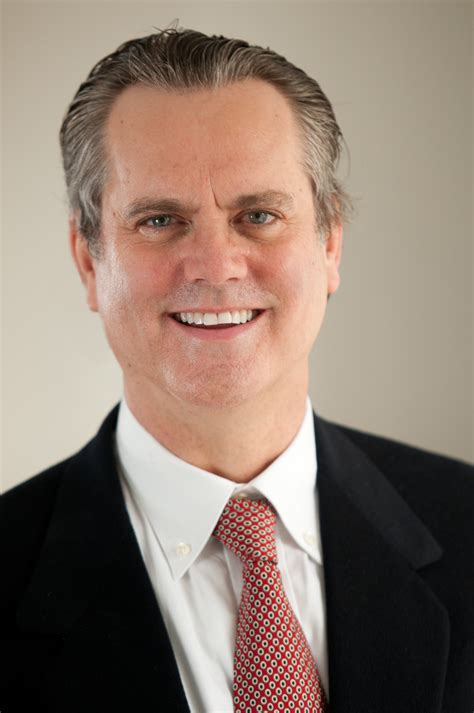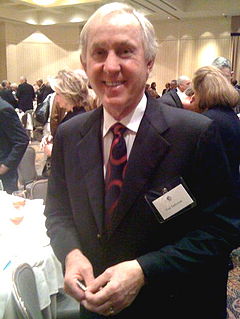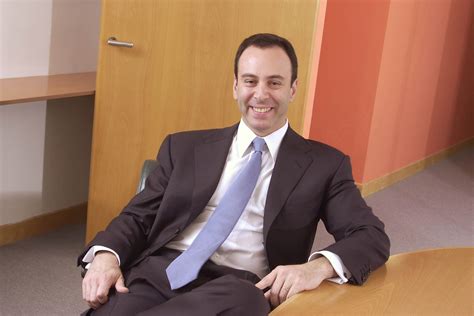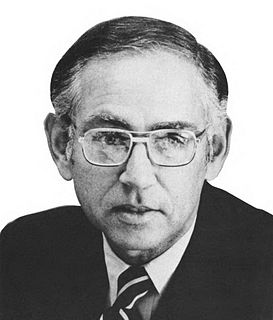A Quote by Robert L. Bradley, Jr.
Complex regulation in place of simple-rules capitalism disrupts market processes and corrupts business incentives.
Quote Topics
Related Quotes
I believe in market economics. But to paraphrase Churchill - who said this about democracy and political regimes - a market economy might be the worst economic regime available, apart from the alternatives. I believe that people react to incentives, that incentives matter, and that prices reflect the way things should be allocated. But I also believe that market economies sometimes have market failures, and when these occur, there's a role for prudential - not excessive - regulation of the financial system.
All propaganda or popularization involves a putting of the complex into the simple, but such a move is instantly deconstructive. For if the complex can be put into the simple, then it cannot be as complex as it seemed in the first place; and if the simple can be an adequate medium of such complexity, then it cannot after all be as simple as all that.
The scientific world, the materialistic world, the world of commerce, the world of business, the world of individualism, the world of capitalism, world of communism - all these worlds are the old story now. Where we think we exploit nature, we exploit people. Market rules, profit rules, money rules. We work for name, fame, power, money, profit. That's the old story.
Ignorance, as well as disapproval for the natural restraints placed on market excesses that capitalism and sound markets impose, cause our present leaders to reject capitalism and blame it for all the problems we face. If this fallacy is not corrected and capitalism is even further undermined, the prosperity that the free market generates will be destroyed.
The challenge here is to design a system where market incentives, including profits and recognition, drive those principles to do more for the poor. I like to call this idea creative capitalism, an approach where governments, businesses, and nonprofits work together to stretch the reach of market forces so that more people can make a profit, or gain recognition, doing work that eases the world's inequities.


































